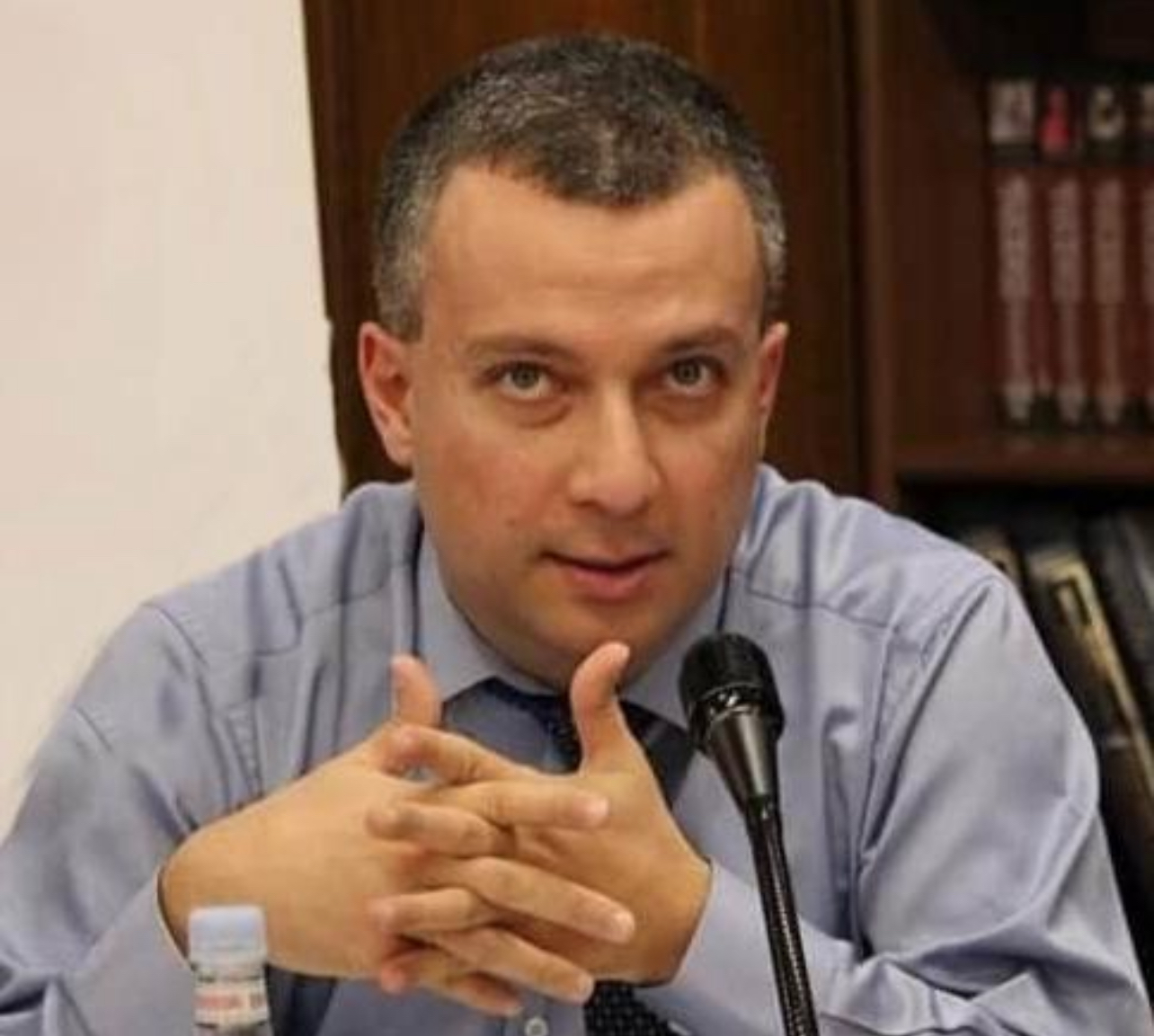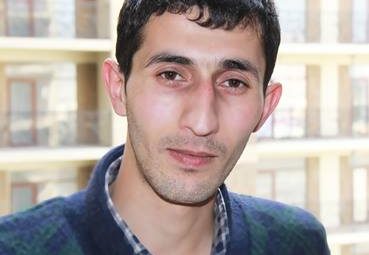Armenia’s pursuit of a policy of diversification after the 2020 Karabakh war has transformed India into its most critical new foreign partner. This new era in Armenia–India relations began with the Indian Foreign Minister Subrahmanyam Jaishankar’s visit to Armenia in October 2021. India supported Armenia in the UN Security Council after the September 2022 aggression by Azerbaijan, and Armenia fully endorsed India’s position on the Kashmir issue. In October 2022, the Armenian defense minister visited India to kick off defense cooperation, while in 2023 various Armenian and Indian delegations exchanged visits, including one led by the Armenian Secretary of the Security Council to India.
Armenian Foreign Minister Ararat Mirzoyan took part in the Raisina Dialogue 2023, while the Minister of Labor and Social Affairs Narek Mkrcthyan attended this year and made a keynote speech at the Armenia-India Dialogue special event which opened the Raisina Dialogue, organized by the Observer Research Foundation and APRI Armenia, New Delhi and Yerevan-based think tanks, respectively.
In 2023, India became the primary supplier of weapons to Armenia, effectively replacing Russia, which is preoccupied by war in Ukraine. Defense cooperation is at the forefront of Armenia–India cooperation, while discussions are underway to launch partnerships in other areas, such as strategic software development, including space technologies, infrastructure, and renewables. Both countries are working to launch direct flights, which will facilitate economic cooperation and people-to-people contacts.
There is a growing interest among the Indian think-tank community and academia about the South Caucasus and Armenia, and here APRI Armenia plays a critical role in facilitating contacts and pursuing new ways of Armenia–India partnerships. Thus, in two years, Armenia and India successfully developed a close bilateral cooperation based on coinciding interests. Armenia and India are exploring ways to launch cooperation in multilateral formats, such as Armenia-India-Iran and Armenia-India-Greece-France.
However, the parties should not be satisfied by these achievements. While friendship has been achieved, there is potential to transform relations into a strategic partnership.
Multiple factors enable Armenia and India to advance toward that goal. These include the growing importance of the South Caucasus for India as a transit route to Russia and Europe, and India’s vision to extend its presence beyond its immediate neighborhood into the “Extended neighborhood,” which includes the South Caucasus. Also at play is India’s role as one of the significant actors in the emerging multipolar world, and Armenia’s need to diversify its foreign policy without antagonizing Russia.
Amidst global supply and logistic chain changes triggered by geopolitical rivalry and economic transformation, India needs new and secure routes to reach Russia and Europe. In both directions, the South Caucasus is the shortest option. It can connect India with Russia via Iran and Azerbaijan, Iran and the Caspian Sea, or Iran, Turkmenistan and Kazakhstan. Simultaneously, the South Caucasus can become an alternative route for India to reach Europe, circumventing the Suez canal via Iran – Armenia – Georgia – Black Sea route. The Western sanctions against Iran complicate the transit potential of Tehran, but Iran’s membership in Shanghai Cooperation Organization and BRICS, as well as the free trade agreement signed between Iran and the Eurasian Economic Union, increases Iran’s chances of becoming a transit hub for India.
India needs these routes, and India needs a stable South Caucasus, as it will be impossible to organize large-scale cargo transportation via an unstable region. The 2020 Karabakh war and the 2023 military takeover of Nagorno Karabakh by Azerbaijan upended the balance of power in the South Caucasus, making Armenia more vulnerable and Azerbaijan more aggressive against Armenia. The only reliable way to stabilize the region is to decrease the power gap between Armenia and Azerbaijan. India is ready to do its part by supplying arms to Armenia to make any new attack against Armenia costlier for Azerbaijan. India’s efforts to stabilize the South Caucasus by supporting Armenia, as well as historical and civilizational ties between Armenia and India, make Armenia a natural choice to become a key partner in the South Caucasus, which is a part of India’s extended neighborhood where it seeks to project its presence and power. Besides interest in keeping the region stable, India has a stake in security stability in the South Caucasus, as a new attack by Azerbaijan against Armenia to establish a land corridor to Nakhichevan will cut Armenia from Iran and close the Iran – Armenia – Georgia – Black Sea route for India to reach Europe.
At the same time, Armenia needs to diversify its foreign and defense policy to adapt to the evolving security architecture of the South Caucasus which has more Turkish and Azerbaijani influence and less Russian presence. Meanwhile, Armenia should be careful not to antagonize Russia and not to create concerns in Iran by moving too close to the West and far away from Russia. In this context, India is a natural choice for Armenia, as India has a strategic partnership with Russia and the US and cultivates close cooperation with Iran. Thus, geopolitical and geo-economic factors are here to transform Armenia-India friendship into a strategic partnership.
Armenia and India should diversify their cooperation to reach that goal, adding more layers to the existing defense partnership, such as partnership in digital technologies, and cooperation among the Armenian and Indian Diasporas. Think tanks can play a significant role here, and APRI Armenia serves as an example of how to do that. At the same time, strategic partnership requires the establishment of relevant institutionalized channels of state-to-state cooperation.
As a first step in that direction, Armenia and India should establish by the end of the year an annual 2+2 dialogue mechanism, which would involve the participation of their Ministers of Defense and Foreign Affairs. The first dialogue meeting could take place during the ORF-organized Yerevan Dialogue 2024, which is preliminarily scheduled to be held in September 2024. If the Yerevan Dialogue is postponed, Armenia should offer India to hold the first 2+2 dialogue in Delhi in October or November.
The second step in transforming relations into a strategic partnership should be the establishment of a joint group for Armenia-India Diaspora cooperation, which will coordinate and facilitate the contacts between the two diasporas. At this point, other additional formats can be launched to provide consistent progress in various fields, especially the high-tech sector, and to expand economic ties.
Armenia and India have created a solid base for fruitful cooperation. It is time to take a step forward and transform that cooperation into a strategic partnership.
Benyamin Poghosyan, Senior Research Fellow, APRI Armenia
Rananjay Anand, Co-founder and President, Indo-Armenian Friendship NGO





